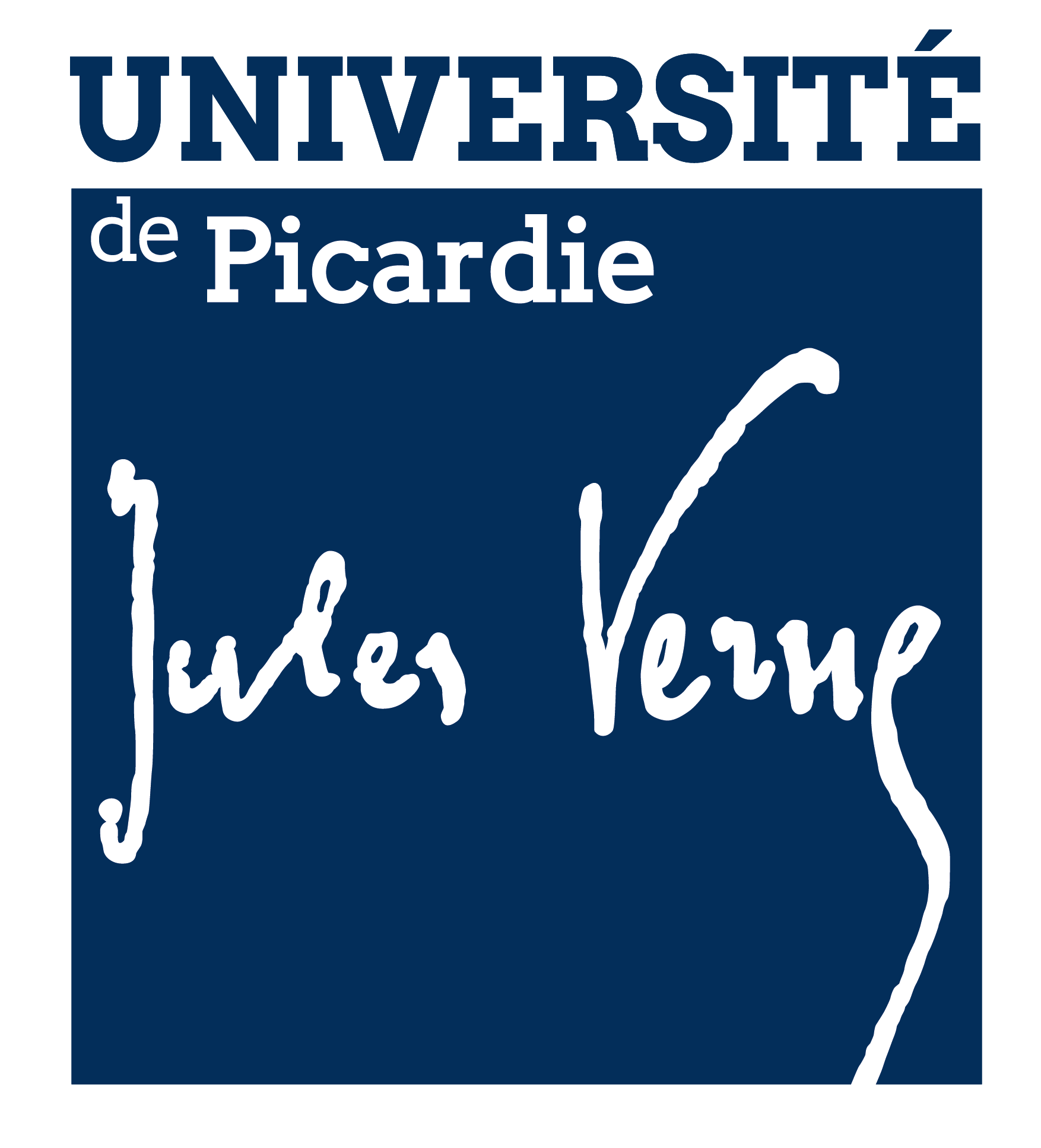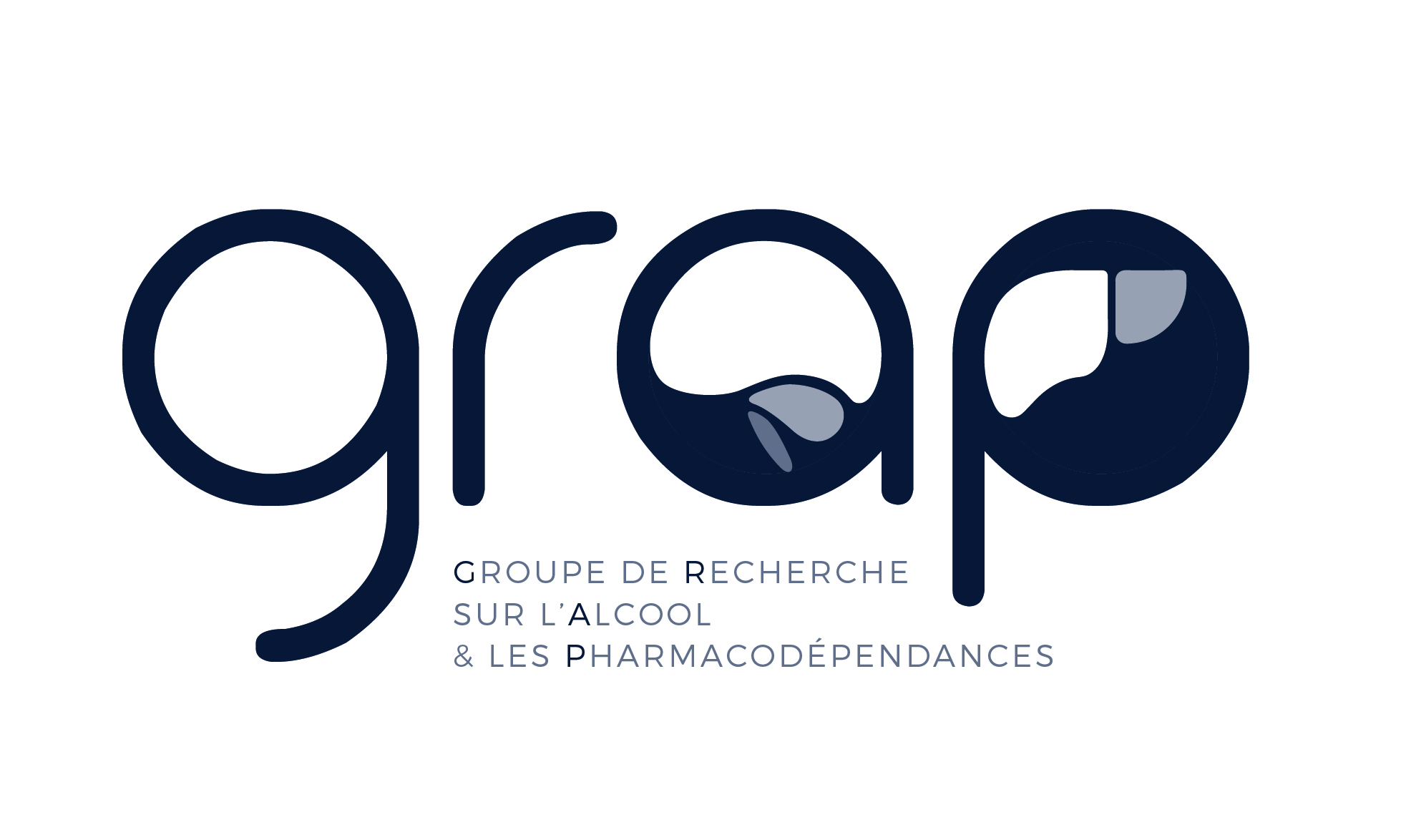International survey among hepatologists and pulmonologists on the hepatic hydrothorax: plea for recommendations
Résumé
Background The Hepatic hydrothorax is a pleural effusion related to portal hypertension; its diagnosis and therapeutic management may be difficult. The aims of this article are which follows: To gather the practices of hepatogastroenterologists or pulmonologists practitioners regarding the diagnosis and management of the hepatic hydrothorax. Methods Practitioners from 13 French- speaking countries were invited to answer an online questionnaire on the hepatic hydrothorax diagnosis and its management. Results Five hundred twenty-eight practitioners (80% from France) responded to this survey. 75% were hepatogastroenterologists, 20% pulmonologists and the remaining 5% belonged to other specialities. The Hepatic hydrothorax can be located on the left lung for 64% of the responders (66% hepatogastroenterologists vs 57% pulmonologists; p = 0.25); The Hepatic hydrothorax can exist in the absence of clinical ascites for 91% of the responders (93% hepatogastroenterologists vs 88% pulmonologists; p = 0.27). An Ultrasound pleural scanning was systematically performed before a puncture for 43% of the responders (36% hepatogastroenterologists vs 70% pulmonologists; p < 0.001). A chest X-ray was performed before a puncture for 73% of the respondeurs (79% hepatogastroenterologists vs 54% pulmonologists; p < 0.001). In case of a spontaneous bacterial empyema, an albumin infusion was used by 73% hepatogastroenterologists and 20% pulmonologists ( p < 0.001). A drain was used by 37% of the responders (37% hepatogastroenterologists vs 31% pulmonologists; p = 0.26).An Indwelling pleural catheter was used by 50% pulmonologists and 22% hepatogastroenterologists ( p < 0.01). TIPS was recommended by 78% of the responders (85% hepatogastroenterologists vs 52% pulmonologists; p < 0.001) and a liver transplantation, by 76% of the responders (86% hepatogastroenterologists vs 44% pulmonologists; p < 0.001). Conclusions The results of this large study provide important data on practices of French speaking hepatogastroenterologists and pulmonologists; it appears that recommendations are warranted.
| Origine | Fichiers éditeurs autorisés sur une archive ouverte |
|---|



